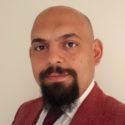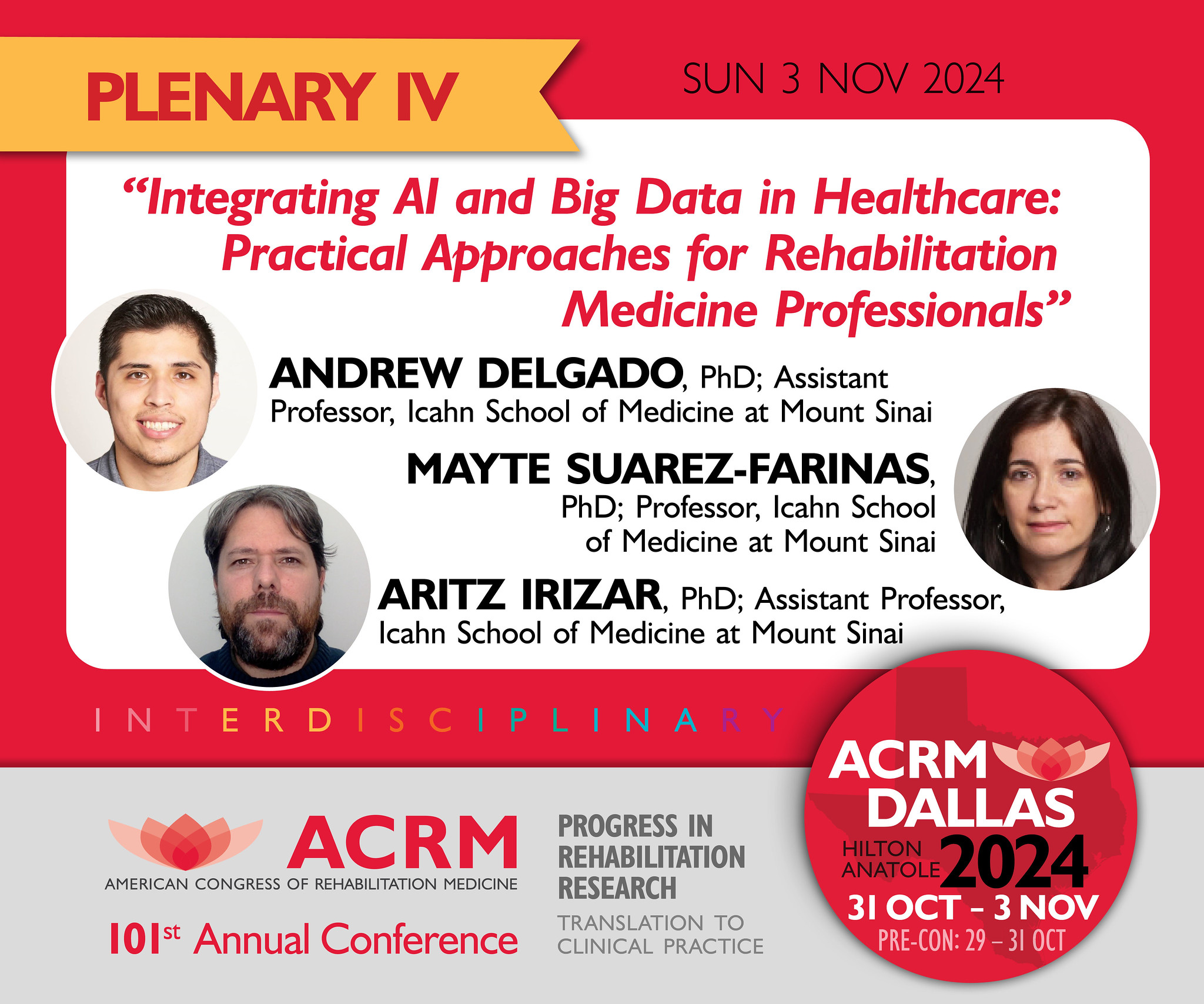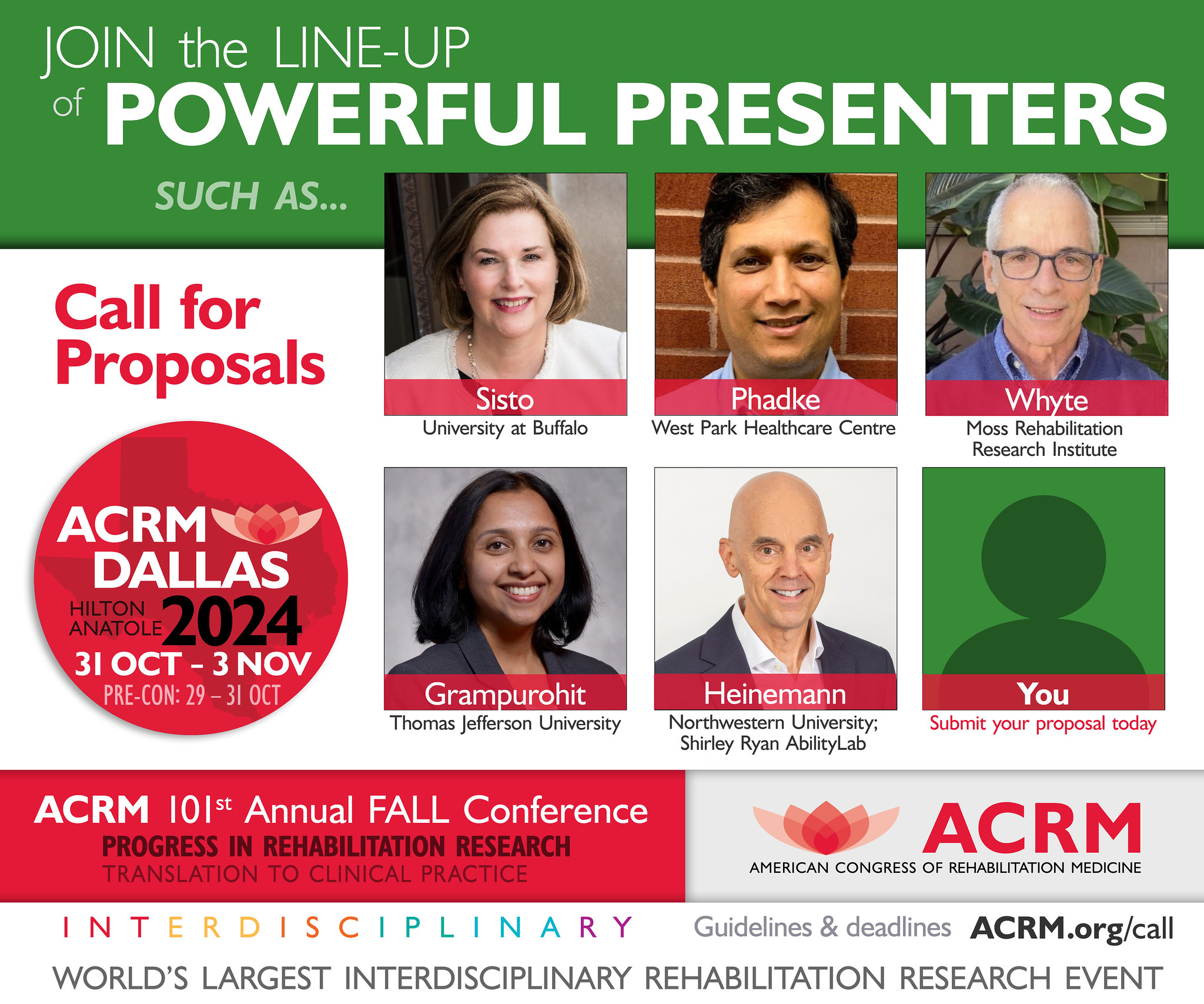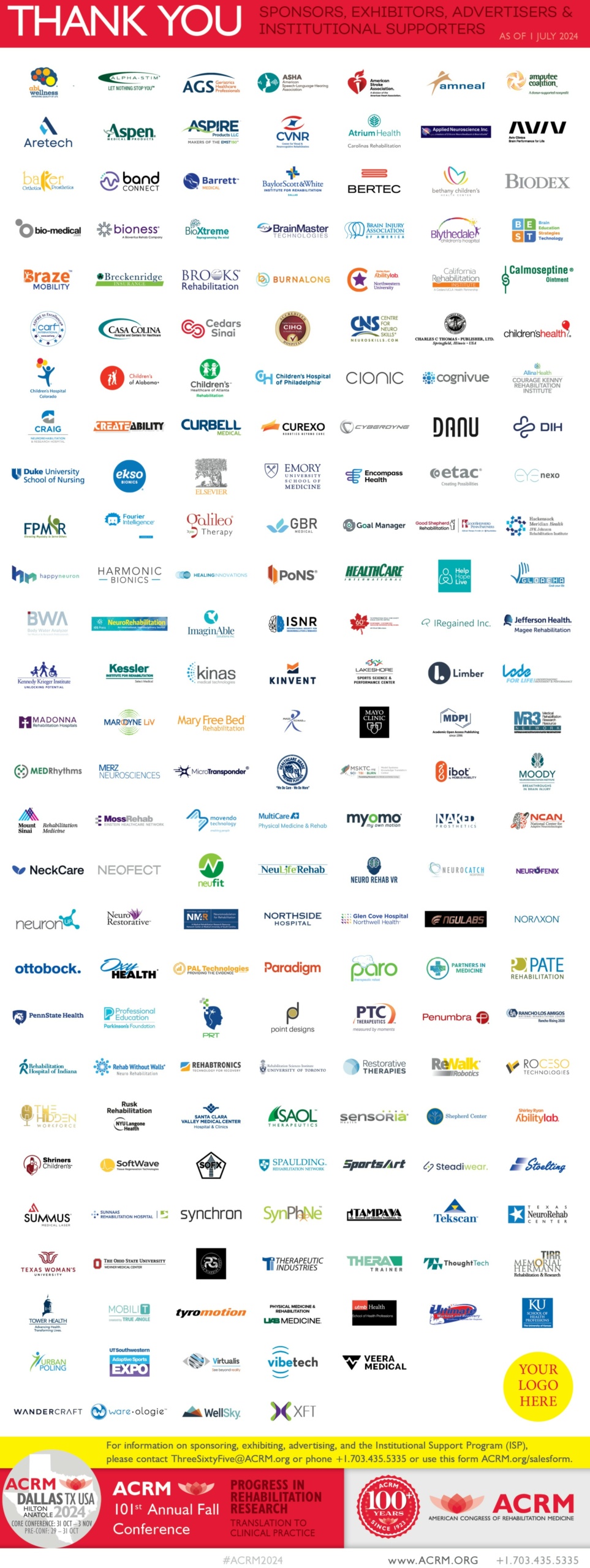Research Spotlight
 Ali Yavuz Karahan, MD
Ali Yavuz Karahan, MD
Associate Professor
Chairperson of the Department of PM&R
University of Usak
Turkey
What is your current research focus or area you are most excited about?
Over the last seven years, my research has focused on the rehabilitation of stroke survivors. I want to see stroke survivors become active within the community again through meaningful employment in various formal or semi-formal work environments, as office workers, salesmen, or supermarket cashiers, for example. I also want to see them engaging in social life such as taking part in clubs and groups. This concept is not yet regarded in Turkey or many other parts of the world. While there are compliance standards to meet general needs, there is much diversity within stroke-induced disabilities, so it is of paramount importance to define each individual condition and specify its needs, while planning for post-stroke lifestyles. It is also essential to emphasize the making of necessary arrangements in order for stroke survivors to find equal opportunities within society, especially in developing countries such as Turkey. At present, my research focuses on two areas. First, in forming a social group and ensuring the maintenance of group membership for stroke survivors. Second, in establishing a team for dysphagia rehabilitation.
What prompted/motivated you to choose that area?
It is very important for everyone to seek out mentors within their academic career. I was motivated by influential people. At first, Professor Kuran, (chief investigator of the Stroke Research Group at the Turkish Society of PMR) and Christine MacDonell (managing Director of CARF International®) provided their support when I was studying stroke rehabilitation. Then, I had a long observation physician position with Associate Professor Edgley (director of Stroke Rehabilitation of University of Utah, USA), where I received guidance in personalized rehabilitation treatment plans. Further, I received the Traveling Fellowship Award from the Japanese Association of Rehabilitation Medicine (RM), and I had the direction of Professor Saitoh (chairperson of the Department of RM and executive vice president of Fujita Health University, Aichi, Japan), while studying cutting-edge rehabilitation technology and dysphagia management. Many of these people helped elevate my research, and I am so grateful and lucky to have had this guidance from these experts.
Finally, I am an active member of two academic organizations: The Stroke and Dysphagia Study Group of the Turkish Society of Physical Medicine and Rehabilitation, and the Multiple Sclerosis Task Force of ACRM. I hope to continue my involvement within these organizations.
Briefly, what path did you take to get there? Or what is your career trajectory- long-term goal?
I am very excited about the advances in the field, and I love to experience and employ the latest technology such as videoendoscopic examinations, ultrasound-guided injections, robotic devices, and virtual reality. My short-term goals are to gain more dysphagia management experience and to establish a dedicated rehabilitation team. In Turkey, stroke survivors need intensive input from dedicated rehabilitation teams if the loss of function is to be minimized. So, after completing my goal, I would be able to offer excellent rehabilitation services to my clients in the long term.
Did you have any pivotal experience that propelled your research success?
I gained perspective from different clinics on the effectiveness of various rehabilitation treatments. This pivotal experience regarding different approaches and protocols helped me be successful in my research.
Advice for young scientists. Words of wisdom.
In times to come, rehabilitation studies will be as essential as space research is in shaping the future. Every new product that is designated for city and urban living should be designed to answer the needs of people with disabilities. Please do not forget that today, the most basic needs of people with disabilities are neglected. It is time to plan for their adaptations that will be required in the future, and the community perception toward disabilities needs to be updated.









